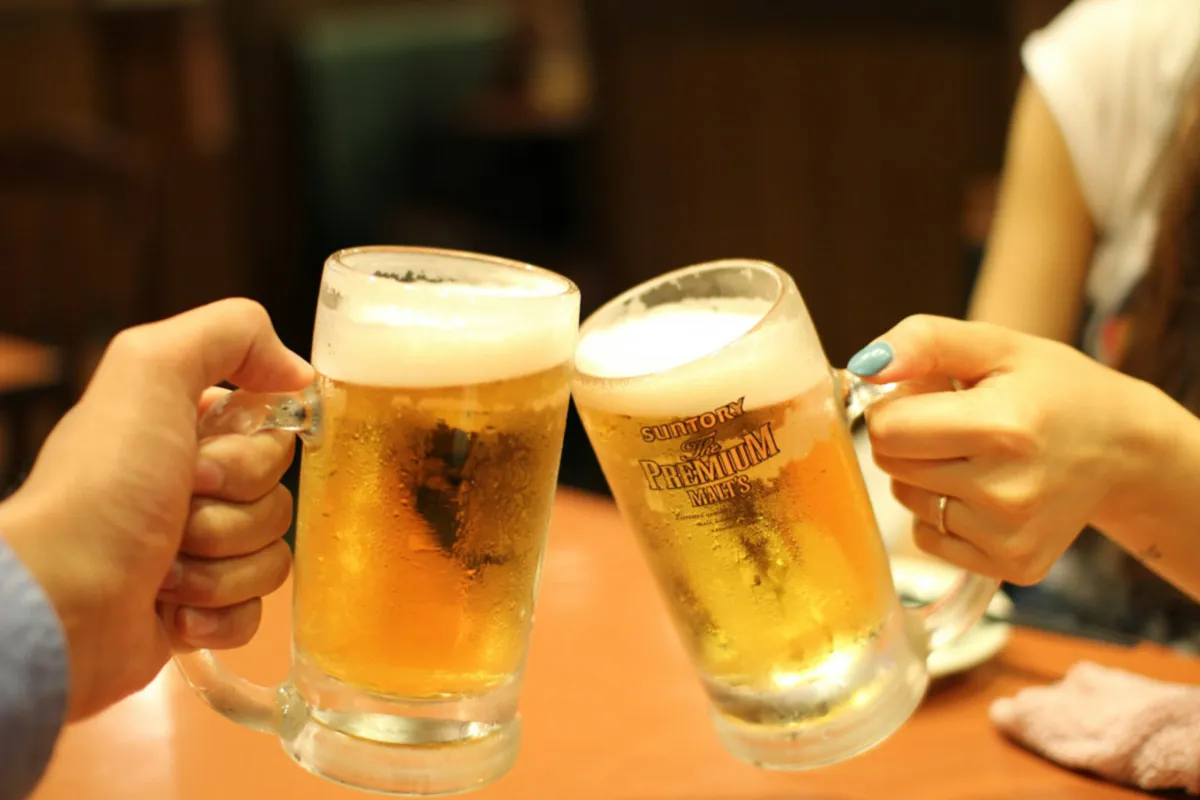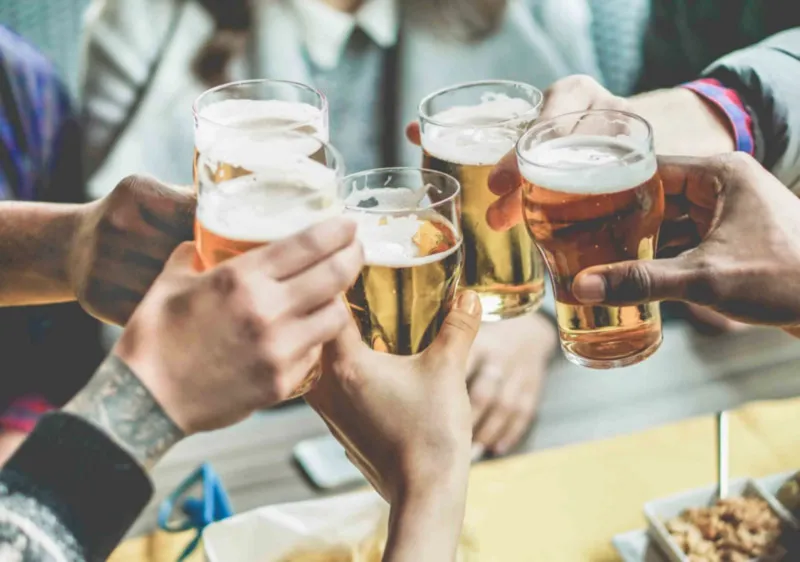
The Bitter Truth About Beer and Blood Sugar
Uncover the surprising impact of beer on blood sugar levels and learn how to drink responsibly to maintain your health. Find out why moderation is key in enjoying your favorite beverages.
Whether it’s a gathering with friends or a late-night snack session alone, many adults find themselves enjoying a refreshing beer. The sound of a can opening and the sight of golden liquid pouring into a glass can be quite enticing. While it’s well-known that alcohol isn’t exactly healthy—capable of causing liver damage and other health issues—few people realize just how much beer can impact blood sugar levels. In fact, there’s even a myth that alcohol can lower blood sugar. So, what’s the real story?
Beer: A Surprising Blood Sugar Spike
Beer might not taste sweet, and it often has lower alcohol content compared to other beverages, leading many to drink it as if it were water. However, beer’s ability to spike blood sugar is actually higher than many sweet drinks and desserts.
Let’s look at the Glycemic Index (GI) of beer. The GI measures how much a food raises blood sugar levels. The higher the GI, the more it spikes blood sugar. According to the China Food Composition Table, Australian beer has a GI of 66, whereas ice cream has a GI of 61. Different beers vary, but many popular types have even higher GIs. For instance, Pilsner beer (4.4% alcohol) has a GI of 89, and lager beer (4.5% alcohol) can skyrocket to a GI of 119! This is higher than white rice, white bread, and even table sugar.
To put it in perspective, beer, often called “liquid bread,” has a higher blood sugar impact than many common sugary drinks and refined carbohydrates.
Why Does Beer Affect Blood Sugar So Much?
You might wonder why beer, which doesn’t taste sweet, has such a significant impact on blood sugar. The reason lies in its primary ingredient—malt. Beer is made from malted barley, and the carbohydrates in beer are mainly maltose, which spikes blood sugar as effectively as glucose. While the carbohydrate content in a bottle of beer might not seem high (about 4 grams per 100 milliliters), beer is easily absorbed by the body and has a high caloric content. Drinking large quantities can significantly impact blood sugar levels.

The Myth of Alcohol Lowering Blood Sugar
Some might think switching to other types of alcohol like spirits might be better since they’ve heard that such drinks can lower blood sugar. While it’s true that spirits like whiskey or vodka contain little to no sugar, the idea that they can lower blood sugar is misleading and dangerous. High alcohol consumption can indeed lead to low blood sugar, but not in a beneficial way. Instead, it poses serious health risks, especially for diabetics.
Alcohol stimulates the pancreas to produce insulin and inhibits the breakdown of glycogen in the liver, leading to increased insulin sensitivity and a higher risk of hypoglycemia (low blood sugar). The World Health Organization has classified alcohol as a Group 1 carcinogen, linked to various cancers such as mouth, esophagus, colon, liver, and breast cancer.
Beer, Blood Sugar, and Belly Fat
Drinking large amounts of beer not only causes blood sugar spikes but can also lead to weight gain, especially around the abdomen. High blood sugar levels increase hunger, leading to overeating. Additionally, excess sugar is stored as fat, and each gram of ethanol contains 7 calories, more than carbohydrates or protein.
Research shows that alcohol consumption is closely linked to abdominal obesity. This type of fat storage, known as visceral fat, is more dangerous than other types and is associated with higher risks of heart disease, type 2 diabetes, and fatty liver disease.

Drinking Responsibly
If you enjoy a drink, moderation is key. It’s best to limit alcohol intake to occasional consumption and avoid overindulging. The recommended alcohol limits are up to 15 grams per day for women and 25 grams per day for men. This equates to roughly 350 milliliters of beer, 150 milliliters of wine, or 45 milliliters of spirits.
Tips for Responsible Drinking
- Avoid Drinking on an Empty Stomach: Eating before drinking can slow alcohol absorption. High-protein foods like meat and fish are particularly effective.
- Stay Hydrated: Drink water or vegetable juice alongside alcohol to help metabolize the alcohol and mitigate dehydration.
- Limit Your Intake: Remember, no amount of alcohol is truly safe, so drink sparingly and avoid binge drinking.
In conclusion, while enjoying a cold beer can be a pleasant experience, it’s essential to be mindful of its impact on blood sugar and overall health. Moderation and responsible drinking are crucial to maintaining your well-being.

